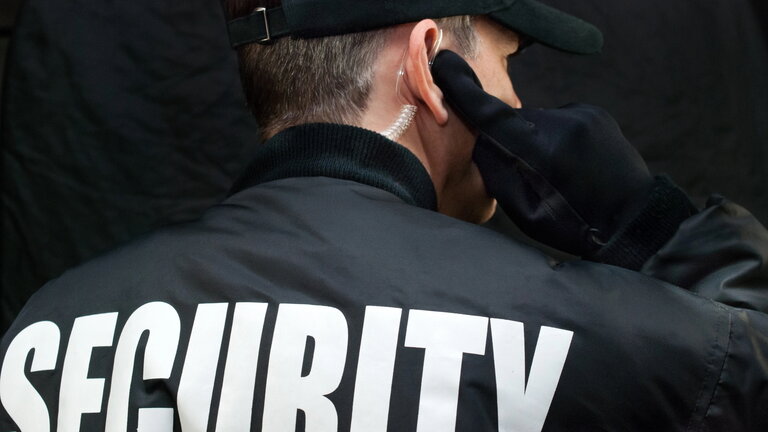
Today's event security must do much more than ensure that your attendees and staff are physically safe from harm. Events can be highlighted by the media for all the wrong reasons, including unprofessional security, aggression or mishandling of a situation.
Key points for a successful event:
- Anticipation and flexibility
- Protect people, property and reputation
- Know what you are talking about
- Offer combined and collaborative planning from the start
To go further:
Whether you're planning a board meeting, a product launch or a client program at the Olympics, you need a security team that enhances your attendees' experience and the client's brand without restricting it with prohibitive and/or unnecessarily overt protocols and procedures.
Today, event security is no longer about having uniformed officers in key locations checking credentials and being ready to react if something goes wrong. To avoid danger and manage risk today, you need a team that can proactively identify threats and the risk of those threats to your event, your attendees and your organization.
This team must not only be able to physically protect people and property from serious threats such as terrorism, but also protect your organization's reputation and brand, and mitigate the risk of litigation.
Your security team should consider everything that will help ensure the safety and success of your event.
Function as an enabling service
Event security should be about facilitating customer requests, remaining dynamic and flexible, working to get to "yes" and, if there are problems, offering alternatives. The goals and objectives of the event should be enabled by the security plan, not hindered by it.
For example, if a social media analysis reveals that a group of protesters is planning to target the event, rather than overtly increasing security and affecting traffic flow, you should be able to implement a proactive intelligence operation that identifies members of the protest group before they arrive, closely monitors their plans and potential key troublemakers, and covertly manages the protesters on site or arrests them at entry points.
This operation may also require opening a dialogue with the protest group to facilitate the protest in a safe and non-disruptive manner.
Protecting people, property and reputation
Brand, reputation and stakeholder perception are also key assets, not only for clients and VIPs, but also for members of the public, staff and the media. The security provider will most likely be the first point of contact for guests when they arrive at the event, and their first impressions will determine their overall view of the event.
A top-notch corporate event security provider will not only provide the operational plan to ensure complete security coverage, but will also have a complete understanding of the client's strategic intent and develop the best plan to achieve it.
Know what you are talking about
To be able to design security that is commensurate with risk, your security team must first quantify and qualify that risk. They need to know the "ground truth" and supplement it with a thorough understanding of security best practices. Information gathering and risk assessment are essential. The use of training exercises and tabletop planning sessions helps build trust and common understanding.

It is critical that your security team understands the decision-making process and who is responsible for key operational decisions in the event of a serious problem or incident. Relationships are important: the vendor must have access to all official agencies and local law enforcement that will have an interest in the event and be involved in any incident response.
Offer combined and collaborative planning from the start Security planners must work in partnership and be integrated with event planners and client stakeholders from the start. Security plans developed in isolation or added after the fact will lack cohesion and may hinder rather than enhance the success of the event.
The security team must partner with, assist, and advise all other functions to ensure that security awareness becomes a constant thread throughout all planning functions and in the subsequent execution of the event.
Today, you need high quality (not the cheapest) security at a level that is commensurate with the risk your event poses to physical safety and reputation. The modern security team facilitates client logistics, liaises with multiple components and proactively avoids danger.
VUSS Security
Comments
Post a Comment